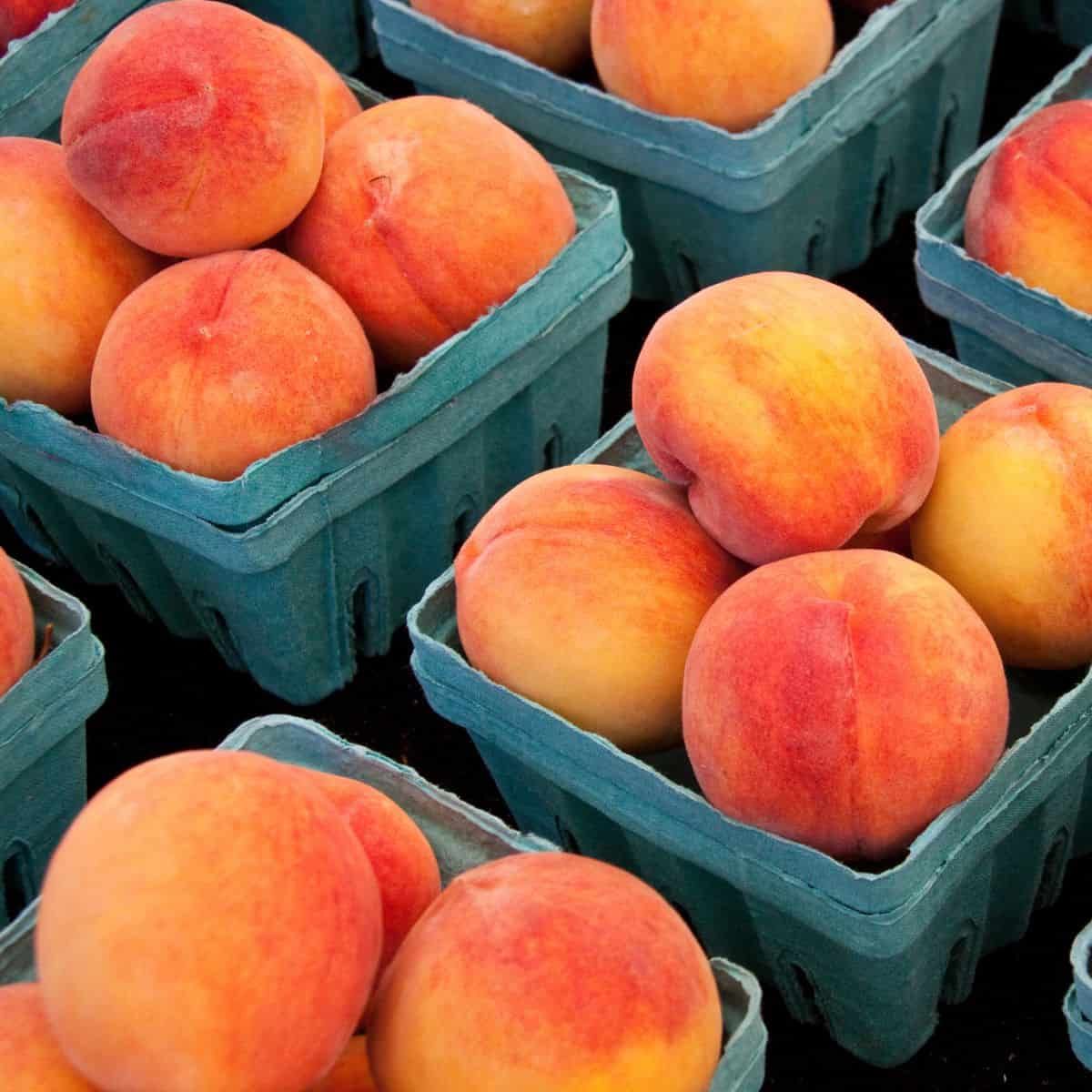

Articles
How To Store Peaches To Avoid Fruit Flies
Modified: August 30, 2024
Learn effective methods to store peaches and keep fruit flies away with this comprehensive guide. Discover articles and tips for proper peach storage to maintain freshness and quality.
(Many of the links in this article redirect to a specific reviewed product. Your purchase of these products through affiliate links helps to generate commission for Storables.com, at no extra cost. Learn more)
Introduction
Welcome to this comprehensive guide on how to store peaches to avoid fruit flies. If you’ve ever bought a batch of delicious peaches only to find them invaded by pesky fruit flies within days, you know how frustrating it can be. Fruit flies are attracted to the sweet scent of ripe peaches and can quickly infest your kitchen or pantry if not properly managed.
Proper storage techniques are crucial for preventing fruit flies from spoiling your peaches and causing a nuisance in your home. By following the steps outlined in this guide, you’ll learn how to choose the right peaches, inspect and prepare them, clean your storage area, and utilize different methods such as refrigeration and fruit fly traps to prevent these unwelcome insects from infiltrating your precious fruit.
Whether you’re planning to enjoy fresh peaches in your favorite recipes, freeze them for later use, or simply want to extend their shelf life, this guide has got you covered. Let’s dive into the fascinating world of fruit flies and peaches while discovering the best storage practices to keep them at bay.
Key Takeaways:
- Proper storage of peaches is crucial for preserving their freshness and flavor while preventing fruit flies from infesting your kitchen. Follow the steps outlined to choose, inspect, and store peaches effectively.
- Utilize the refrigerator, fruit fly traps, and freezing methods to protect your peaches from fruit flies and extend their shelf life. By implementing proper storage techniques, you can enjoy the delightful taste of peaches without any unwanted pests.
Read more: How To Store Fruit To Avoid Fruit Flies
Understanding Fruit Flies and Peaches
Before we delve into the specifics of storing peaches, it’s important to understand the relationship between fruit flies and these juicy fruits. Fruit flies, scientifically known as Drosophila melanogaster, are small insects that are attracted to ripe and decaying fruits. They have a keen sense of smell and can detect the aroma of fruit from a considerable distance.
Peaches, with their sweet and fragrant flesh, are particularly enticing to fruit flies. When peaches become ripe, they release volatile substances that act as signals for fruit flies to locate them. Once fruit flies find a suitable food source, they lay their eggs on its surface. This results in maggots hatching and feeding on the fruit, causing it to spoil quickly.
Understanding this life cycle of fruit flies is essential when determining how to properly store peaches. By implementing strategies to deter fruit flies, we can protect our peaches and ensure their freshness for longer periods.
It’s worth noting that fruit flies can also lay their eggs on underripe or damaged peaches. Therefore, it’s essential to handle and store peaches carefully, even before they reach their peak ripeness.
Now that we have a better understanding of fruit flies and their affinity for peaches, let’s move on to why proper storage techniques are crucial.
Why Proper Storage is Important
Proper storage techniques play a vital role in preserving the quality and freshness of peaches while protecting them from fruit flies. Here are a few reasons why proper storage is important:
- Prolonging shelf life: By storing peaches correctly, you can extend their shelf life and enjoy them over an extended period. Proper storage prevents premature spoilage and rotting, allowing you to savor the sweetness of peaches for longer.
- Preserving flavor and texture: Peaches are best when their flavor is at its peak. Proper storage helps maintain the natural taste and texture of peaches. By protecting them from fruit flies, you can ensure your peaches retain their juicy and tender qualities.
- Minimizing food waste: Fruit flies not only spoil peaches but also lay eggs that hatch into maggots. This makes the fruit unpleasant to eat and necessitates waste disposal. Implementing proper storage techniques minimizes food waste and allows you to fully enjoy your peaches.
- Maintaining hygiene in the kitchen: Fruit flies can rapidly multiply and infest your kitchen or pantry if given the chance. Properly storing peaches and preventing fruit flies helps maintain a hygienic environment and prevents the spread of these annoying insects.
Now that we understand the importance of proper peach storage, let’s explore the steps you can take to store your peaches effectively and keep fruit flies at bay.
Steps to Store Peaches and Prevent Fruit Flies
Follow these steps to ensure your peaches stay fresh and free from fruit flies:
- Choosing the Right Peaches: Select peaches that are firm, yet slightly soft to the touch. Avoid peaches with bruises, cuts, or signs of mold, as these can attract fruit flies.
- Inspecting and Preparing Peaches: Before storing, carefully inspect each peach for any signs of damage or decay. Remove any damaged fruits to prevent the spread of fruit flies. Wash the peaches gently with cool water to remove any dirt or residues.
- Cleaning the Storage Area: Fruit flies are attracted to even the smallest traces of ripe fruit, so it’s important to keep your storage area clean. Wipe down shelves, countertops, and any other surfaces with a mixture of vinegar and water to deter fruit flies.
- Using the Refrigerator: Place the washed and dried peaches in a plastic or paper bag and store them in the refrigerator. The cool temperature slows down the ripening process and discourages fruit flies. However, keep in mind that refrigerated peaches may lose some of their flavor and texture over time.
- Using a Fruit Fly Trap: Set up fruit fly traps near the area where you store your peaches. You can create a simple trap using a jar filled with apple cider vinegar and a few drops of dish soap. The scent of vinegar attracts fruit flies, while the soap breaks the surface tension of the liquid, causing them to drown.
- Freezing Peaches: If you have an excess of peaches and want to preserve them for longer, consider freezing them. Peel, pit, and slice the peaches, then place them in a single layer on a baking sheet. Once frozen, transfer the slices to a freezer-safe bag. Freezing peaches not only extends their shelf life but also makes them perfect for smoothies, pies, and other recipes.
By following these steps, you can ensure that your peaches remain fresh, flavorful, and free from fruit flies. Implementing proper storage techniques goes a long way in preventing these pesky insects from ruining your delicious peaches.
Now that you’re equipped with the knowledge to store peaches effectively and avoid fruit flies, you can enjoy the taste of summer all year round. Experiment with different recipes and savor the sweetness of peaches without the nuisance of fruit flies!
Choosing the Right Peaches
When it comes to storing peaches to avoid fruit flies, the first step is to choose the right peaches. Here are some tips for selecting the perfect peaches:
- Firmness: Look for peaches that are slightly soft to the touch, but not mushy. Avoid peaches that are overly firm or hard, as they may not ripen properly.
- Avoid Bruises or Cuts: Inspect the peaches for any bruises, cuts, or blemishes. These areas are more likely to attract fruit flies and can spoil the entire fruit quickly.
- Avoid Moldy Peaches: Mold is a clear indication of decay and can attract fruit flies. Make sure to avoid peaches with any signs of mold.
- Color: Check the color of the peaches. They should have a vibrant hue and uniform color. Avoid peaches that are overly green or have a dull appearance.
- Scent: Give the peaches a gentle sniff. Ripe peaches should have a sweet, fragrant aroma. If the peaches lack a pleasant smell, they may not be ripe or may be overripe.
By choosing peaches that are in good condition and at the optimal ripeness, you can ensure a better storage outcome and avoid attracting fruit flies.
It’s also worth noting that different varieties of peaches have varying levels of sweetness and flavor profiles. Experiment with different varieties to find the one that suits your taste preferences.
Now that you know how to choose the right peaches, let’s move on to the next step in storing them effectively.
Read more: How To Store Bananas To Avoid Fruit Flies
Inspecting and Preparing Peaches
Inspecting and preparing your peaches before storage is crucial to ensure that only healthy fruits are kept and to minimize the risk of attracting fruit flies. Follow these steps to inspect and prepare your peaches:
- Check for Bruises or Damage: Carefully examine each peach for any bruises, cuts, or signs of damage. If you spot any, set those peaches aside as they are more likely to attract fruit flies. Only choose peaches that are in good condition.
- Remove Soft Spots: If you find any soft spots on the peaches, gently cut them out with a knife. Removing these soft spots will prevent them from spreading and potentially spoiling the entire fruit.
- Wash the Peaches: Rinse the peaches gently with cool water to remove any dirt or residues. Avoid using soap or detergent as it can leave a residue that may affect the taste and texture of the peaches.
- Dry the Peaches: After washing, pat the peaches dry with a clean towel or let them air dry. Excess moisture can lead to mold growth, which can attract fruit flies.
- Handle with Care: Peaches are delicate fruits, so handle them gently to avoid any unnecessary bruising or damage. Place them in a single layer or in a shallow container to avoid piling or squashing the peaches.
By inspecting and preparing your peaches properly, you can remove any damaged or decaying fruits and minimize the risk of attracting fruit flies. It’s important to handle peaches with care to maintain their quality and prevent bruising.
Now that your peaches are inspected and prepared, let’s move on to the next step: cleaning the storage area to keep fruit flies at bay.
Store peaches in the refrigerator to avoid fruit flies. Keep them in a perforated plastic bag to allow air circulation and prevent moisture buildup.
Cleaning the Storage Area
Before storing your peaches, it’s important to clean the storage area to create an inhospitable environment for fruit flies. Here are the steps to clean the storage area effectively:
- Clear and Empty: Start by removing all items from the storage area where you plan to keep your peaches. Clear out any existing produce, containers, or debris.
- Wipe Down Surfaces: Thoroughly clean the shelves, countertops, and any other surfaces in the storage area. Use a mixture of equal parts vinegar and water as a natural cleaning solution. Vinegar helps repel fruit flies due to its strong scent.
- Pay Attention to Cracks and Crevices: Fruit flies are tiny insects that can invade even the tiniest spaces. Pay special attention to cracks, crevices, and corners of the storage area. Use a small brush or toothbrush to reach these areas and ensure a thorough cleaning.
- Dispose of Organic Waste: Fruit flies are attracted to decaying organic matter, so make sure there is no food waste or leftover fruits in the storage area. Dispose of any organic waste in sealed containers or outside of the house.
- Keep the Area Dry: Fruit flies thrive in moist environments, so make sure the storage area is dry before placing your peaches inside. Check for any signs of leaks or moisture and address them to prevent any potential fruit fly breeding grounds.
By cleaning the storage area and eliminating any sources of attraction for fruit flies, you create a clean and inhospitable environment for them. This reduces the chances of fruit flies infesting your peaches and extends their shelf life.
Now that your storage area is clean and ready, let’s move on to the next step of storing peaches: utilizing the refrigerator.
Using the Refrigerator
When it comes to storing peaches and preventing fruit flies, utilizing the refrigerator can be a highly effective method. The cool temperature of the refrigerator slows down the ripening process and helps to deter fruit flies. Follow these steps to use the refrigerator for peach storage:
- Place Peaches in a Bag: Once your peaches are inspected, prepared, and dry, place them in a breathable plastic or paper bag. This helps to keep the peaches separate from other produce and prevents them from becoming too cold.
- Store on a Shelf: Find a designated spot on a shelf in your refrigerator to store the bag of peaches. Make sure not to overcrowd them, as proper air circulation is essential to maintaining their freshness.
- Check Regularly: Periodically check your peaches for any signs of ripening or spoiling. Remove any peaches that show signs of deterioration to prevent the spread of fruit flies.
- Consume within a Week: Refrigeration can help extend the shelf life of peaches, but it’s still best to consume them within a week for optimal flavor and texture. As the days go by, the peaches may lose some of their firmness and juiciness.
By storing peaches in the refrigerator, you create an environment that is less favorable for fruit flies. However, it’s important to note that storing peaches in the refrigerator for too long may cause a loss of flavor and texture. Therefore, it’s best to consume your peaches within a reasonable timeframe.
Now that you know how to use the refrigerator for peach storage, let’s move on to another method to prevent fruit flies: utilizing a fruit fly trap.
Using a Fruit Fly Trap
When it comes to preventing fruit flies from infesting your peaches, using a fruit fly trap can be an effective solution. Fruit fly traps are designed to attract and capture these pesky insects, reducing their population and keeping your peaches safe. Here’s how you can set up a simple fruit fly trap:
- Select a Jar or Container: Choose a jar or container with a narrow opening. This will make it easier for fruit flies to enter but more challenging for them to escape.
- Add Attractant: Pour a small amount of apple cider vinegar into the jar, filling it about one-fourth of the way. Fruit flies are attracted to the scent of vinegar.
- Add Dish Soap: Add a few drops of dish soap to the vinegar. The soap breaks the surface tension of the vinegar, causing the fruit flies to sink and drown.
- Cover the Jar: Place a piece of plastic wrap or a lid on top of the jar. Secure it tightly and poke a few small holes to allow the fruit flies to enter.
- Place the Trap: Position the fruit fly trap near the area where you store your peaches. Fruit flies are attracted to the trap’s scent and will be lured inside, unable to escape.
- Monitor and Empty: Check the trap regularly to see if it has captured any fruit flies. Once the trap is filled with fruit flies, empty it and clean it out before setting it up again.
Using a fruit fly trap provides an additional layer of protection against fruit flies, reducing the likelihood of them infesting your peaches. While this method may not eliminate fruit flies entirely, it can help control their population and prevent them from causing significant damage.
Now that you know how to utilize a fruit fly trap, let’s explore another method: freezing peaches.
Read more: How To Store Peaches
Freezing Peaches
If you have an abundance of peaches or want to preserve their freshness for an extended period, freezing them is an excellent option. Freezing peaches allows you to enjoy their flavor and texture even when they are out of season. Here’s how you can freeze peaches:
- Prepare the Peaches: Start by washing the peaches thoroughly to remove any dirt or residues. Peel the peaches using a sharp knife or blanch them quickly in boiling water to make it easier to remove the skins. Pit the peaches and slice them into desired shapes, such as wedges or halves.
- Blanching (Optional): If you prefer to blanch the peaches, bring a pot of water to a boil and carefully lower the peeled peaches into the water. Leave them submerged for about 30 seconds, then transfer them immediately to a bowl of ice water to stop the cooking process. This blanching method helps preserve the color and texture of the peaches.
- Arrange on a Baking Sheet: Place the peach slices in a single layer on a baking sheet lined with parchment paper. Make sure the slices don’t touch each other to prevent them from sticking together during freezing.
- Flash Freeze: Put the baking sheet with the peach slices in the freezer and allow them to freeze for several hours or until solid. This process, known as flash freezing, ensures that the peach slices freeze individually before storing them together in a container or freezer bag.
- Transfer to Freezer Bags: Once the peach slices are frozen, transfer them to freezer-safe bags or containers. Make sure to remove excess air from the bags before sealing to prevent freezer burn. Label the bags with the date to keep track of their freshness.
- Store in the Freezer: Place the freezer bags of peach slices in the freezer, ensuring they are stored flat to prevent them from getting crushed. Use within 8 to 12 months for the best quality.
Frozen peaches can be used in various recipes, such as smoothies, pies, cobblers, or even enjoyed as a frozen treat on their own. Freezing peaches not only extends their shelf life but also allows you to enjoy the taste of summer all year round.
Now that you know how to freeze peaches, you can stock up on this delicious fruit and savor its flavors even when it’s not in season.
Conclusion
Storing peaches to avoid fruit flies is essential for preserving their freshness and ensuring you can enjoy them without any unwanted pests. By following these steps and implementing proper storage techniques, you can protect your peaches and extend their shelf life:
- Choose the right peaches by selecting firm, unblemished fruits.
- Inspect and prepare your peaches, removing any damaged or spoiled ones.
- Clean the storage area to create an inhospitable environment for fruit flies.
- Utilize the refrigerator to slow down the ripening process and deter fruit flies.
- Set up a fruit fly trap near the storage area to capture and reduce their population.
- Consider freezing peaches to preserve their flavor and enjoy them later on.
By following these steps, you can keep your peaches fresh, flavorful, and free from fruit flies. Remember to check your peaches regularly for any signs of spoilage and discard any affected fruits to prevent the spread of fruit flies.
Now that you’re equipped with the knowledge to store peaches effectively and prevent fruit flies, you can feel confident in preserving the sweetness of this delicious fruit. Whether you’re enjoying fresh peaches in the summer or savoring their flavor throughout the year, proper storage techniques will ensure your peaches remain a delightful treat.
So go ahead, pick the perfect peaches, inspect and prepare them with care, clean your storage area diligently, utilize the refrigerator or a fruit fly trap, and consider freezing some for later use. Enjoy the vibrant flavors of peaches while keeping those pesky fruit flies at bay!
Frequently Asked Questions about How To Store Peaches To Avoid Fruit Flies
Was this page helpful?
At Storables.com, we guarantee accurate and reliable information. Our content, validated by Expert Board Contributors, is crafted following stringent Editorial Policies. We're committed to providing you with well-researched, expert-backed insights for all your informational needs.

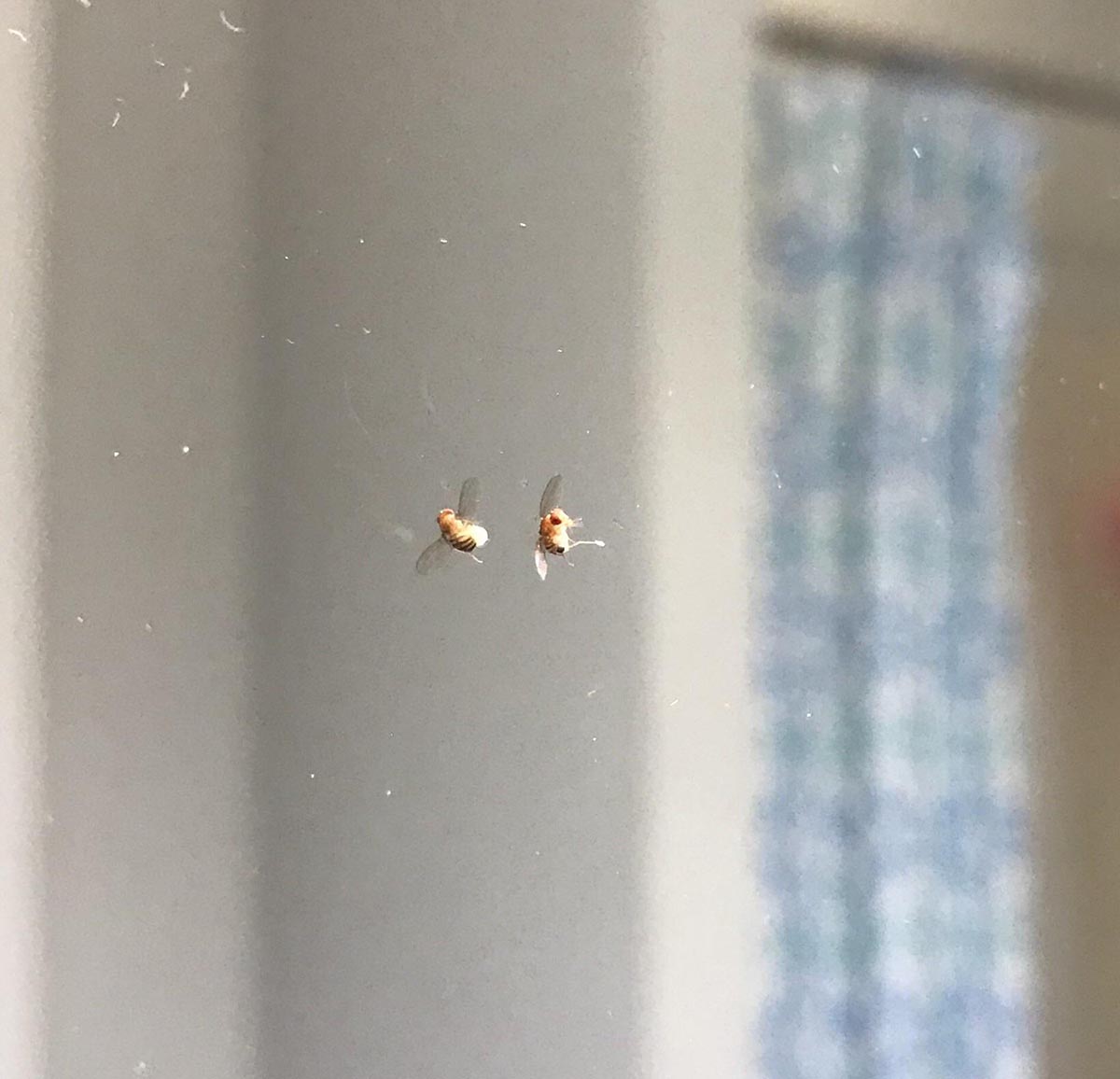
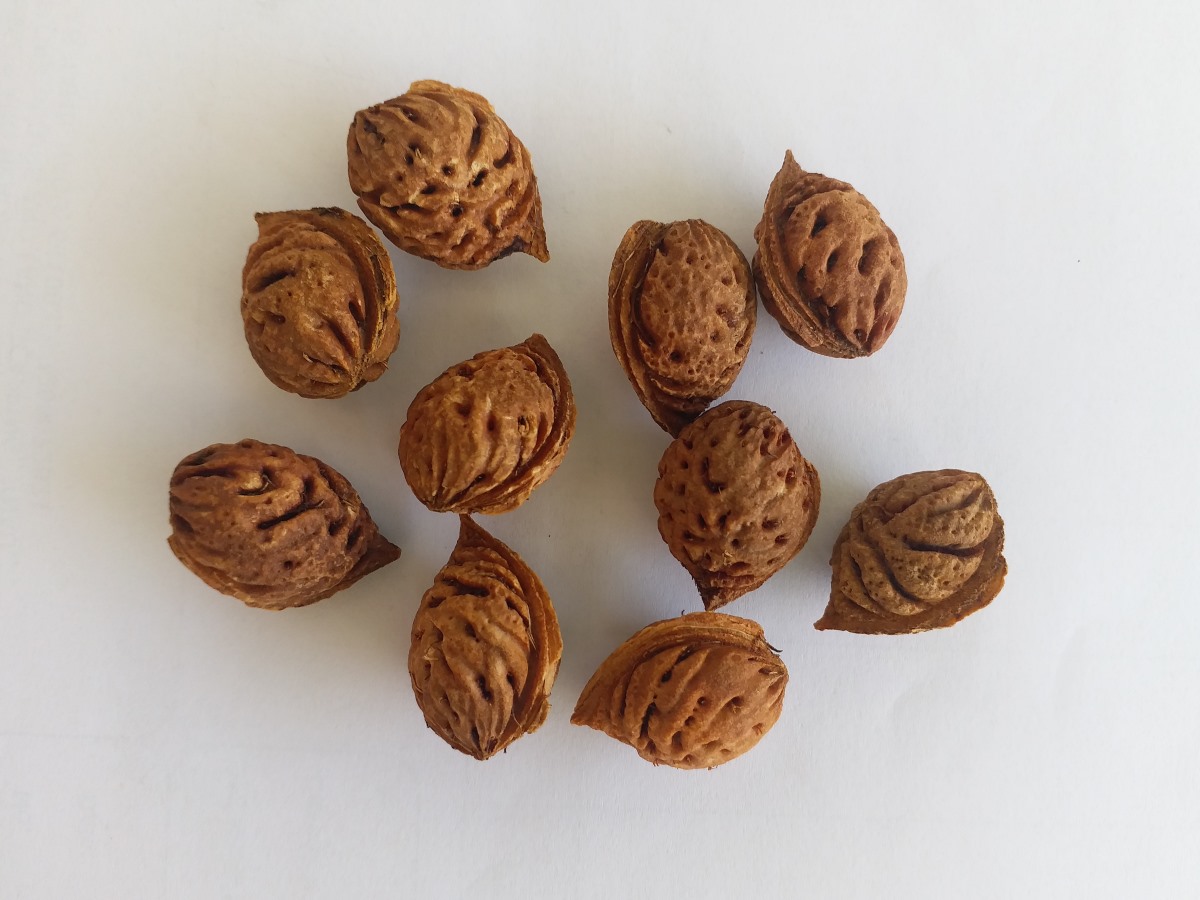
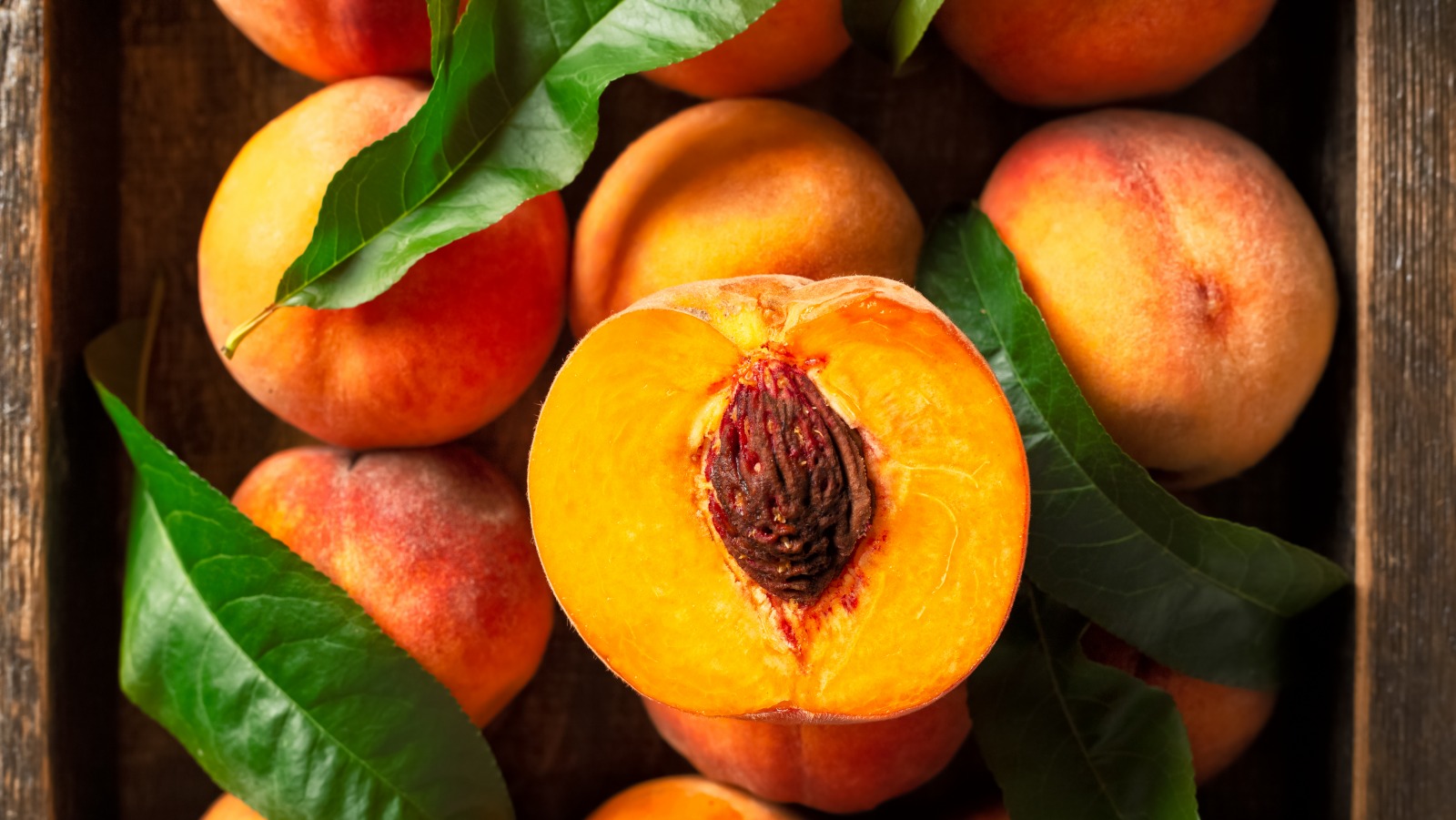
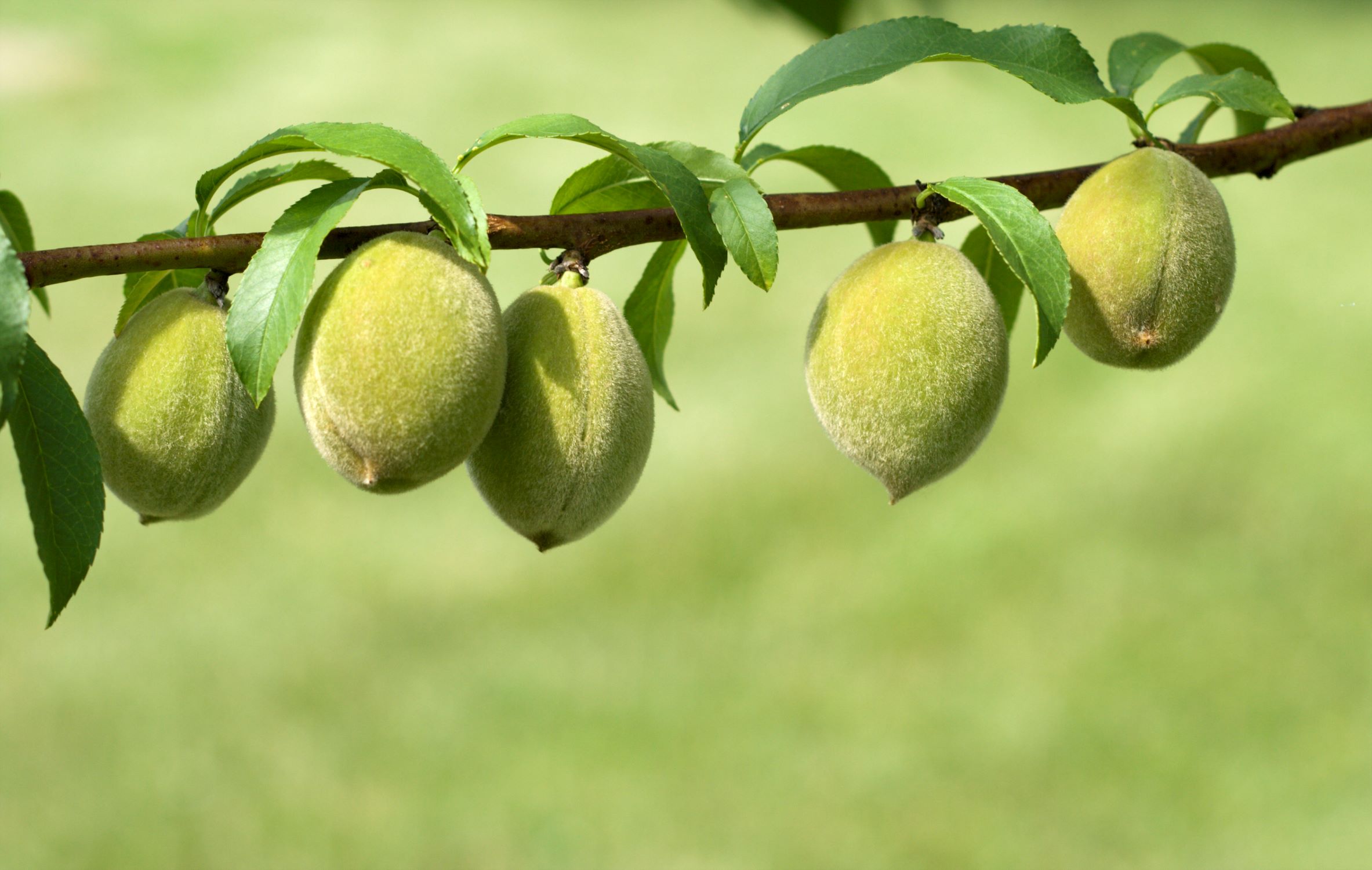
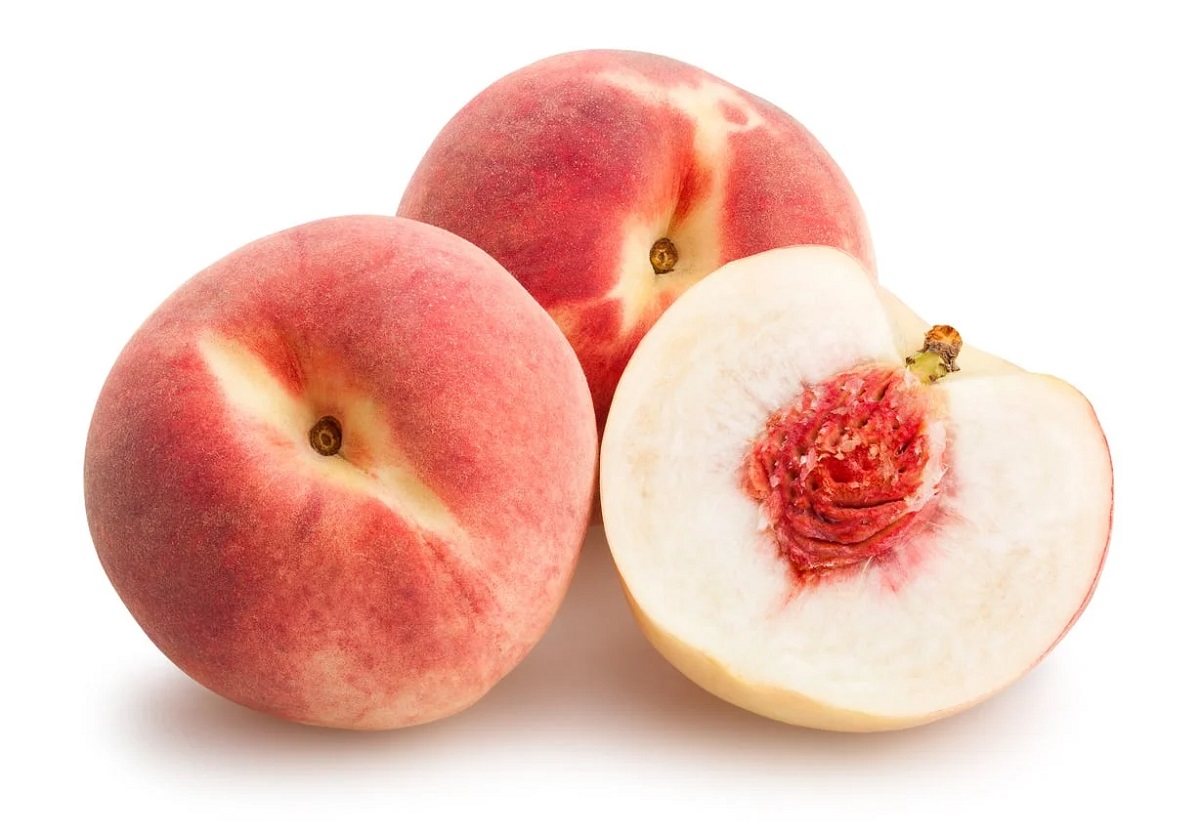
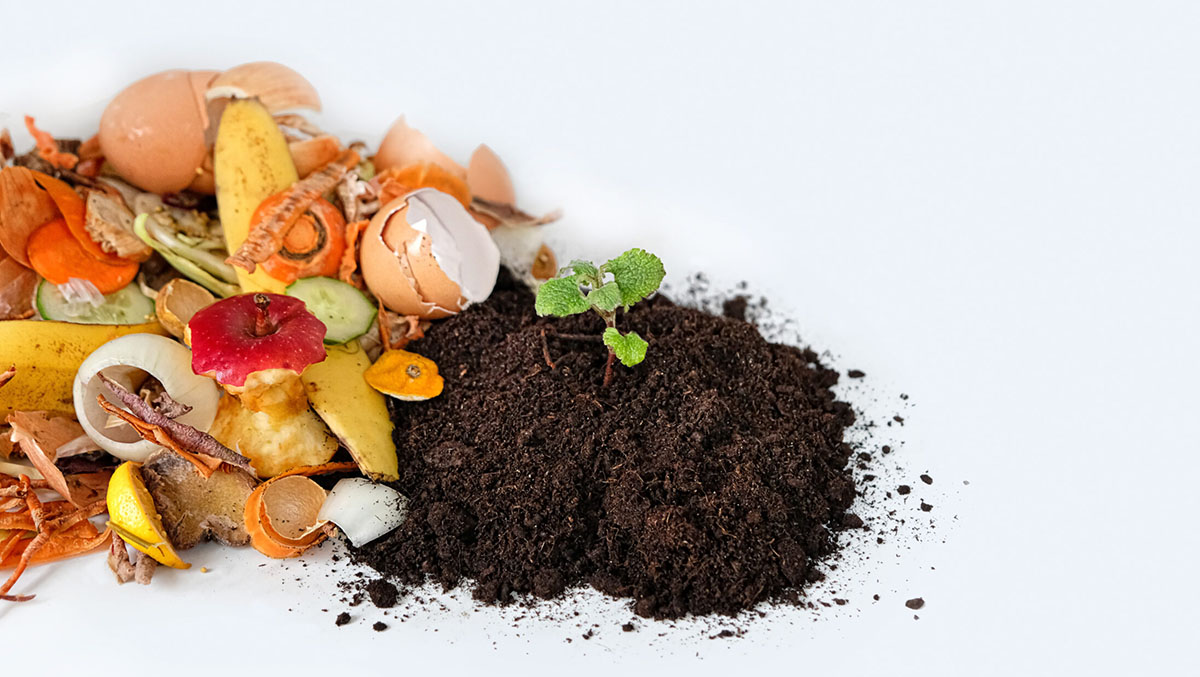
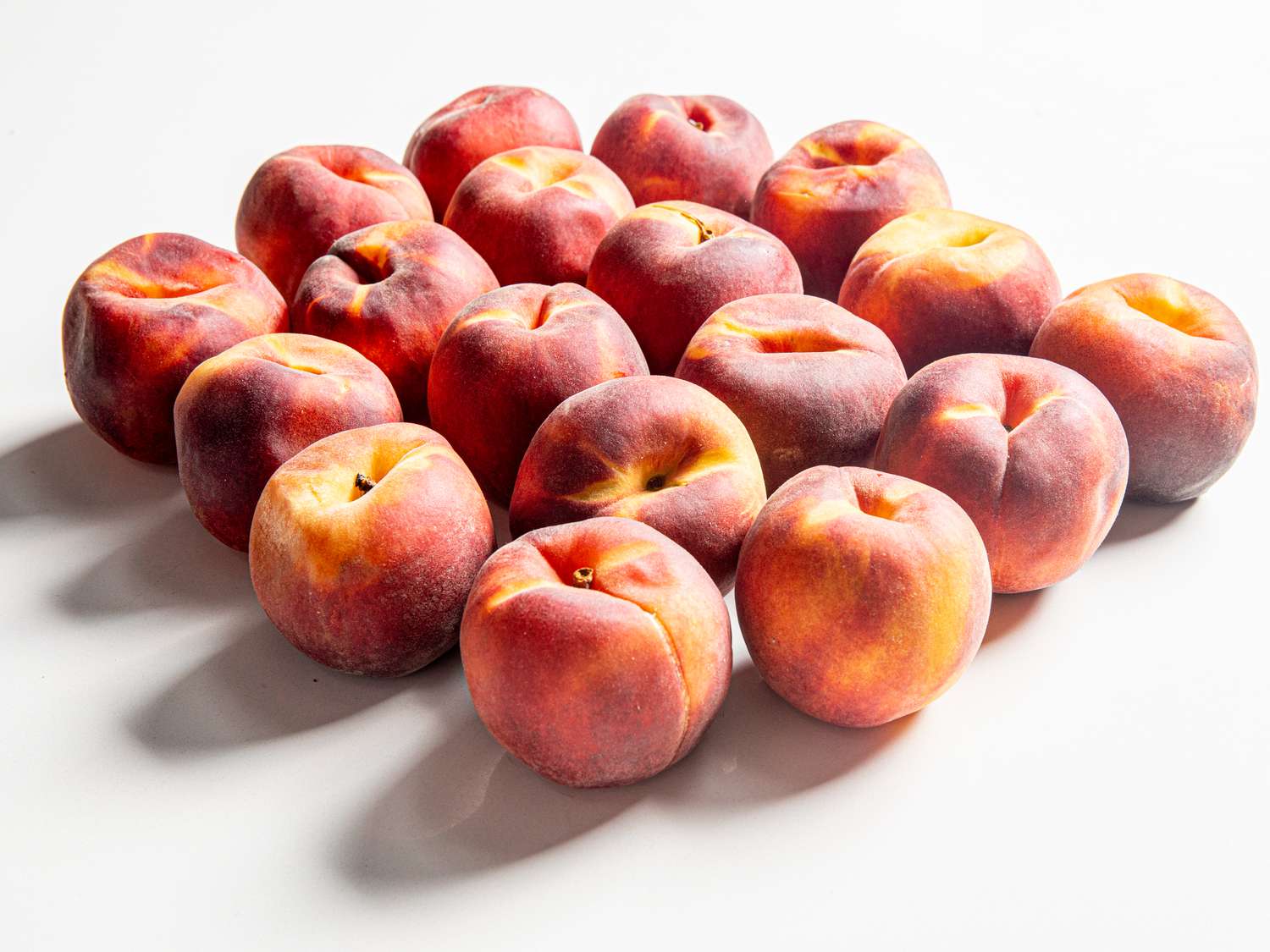

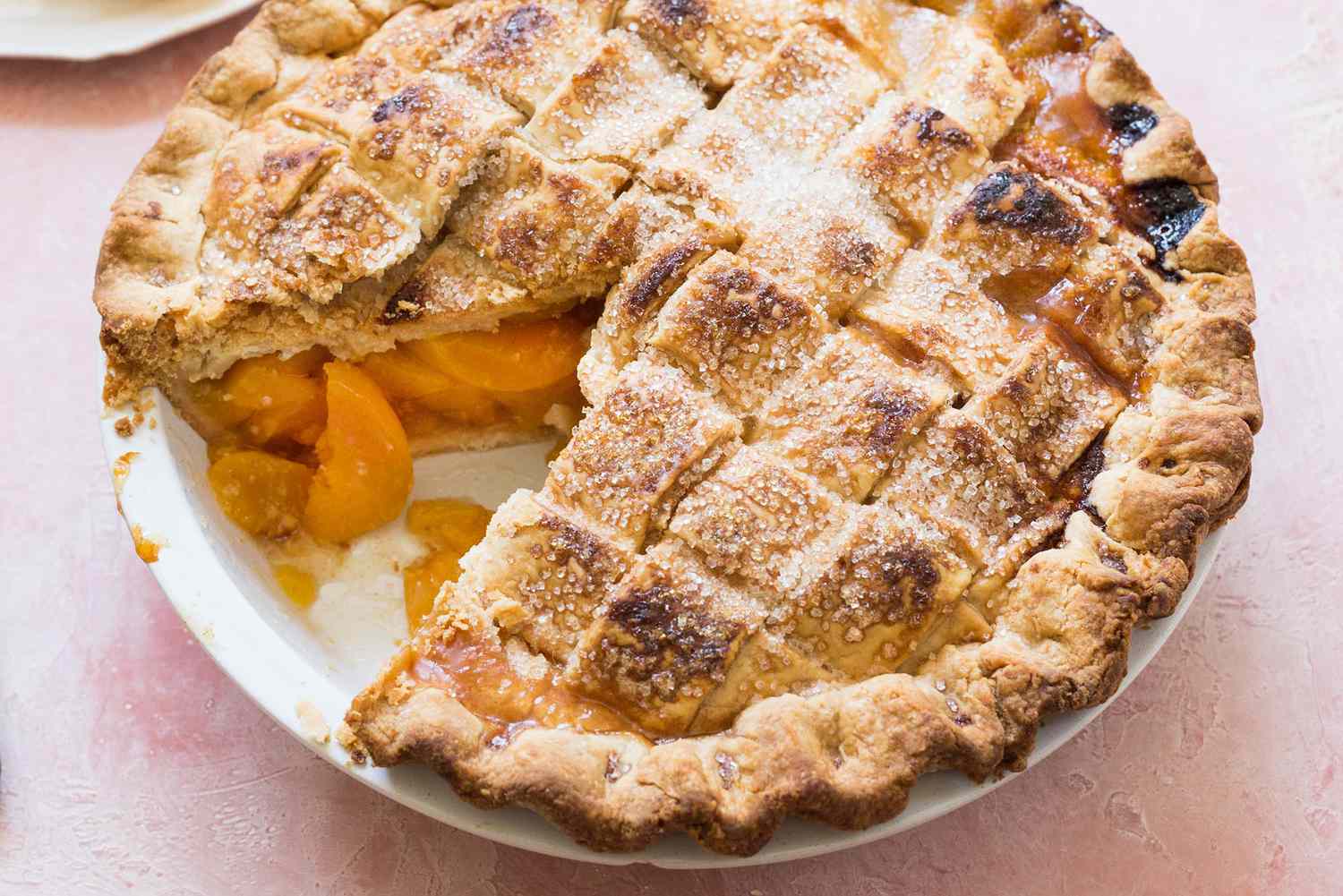


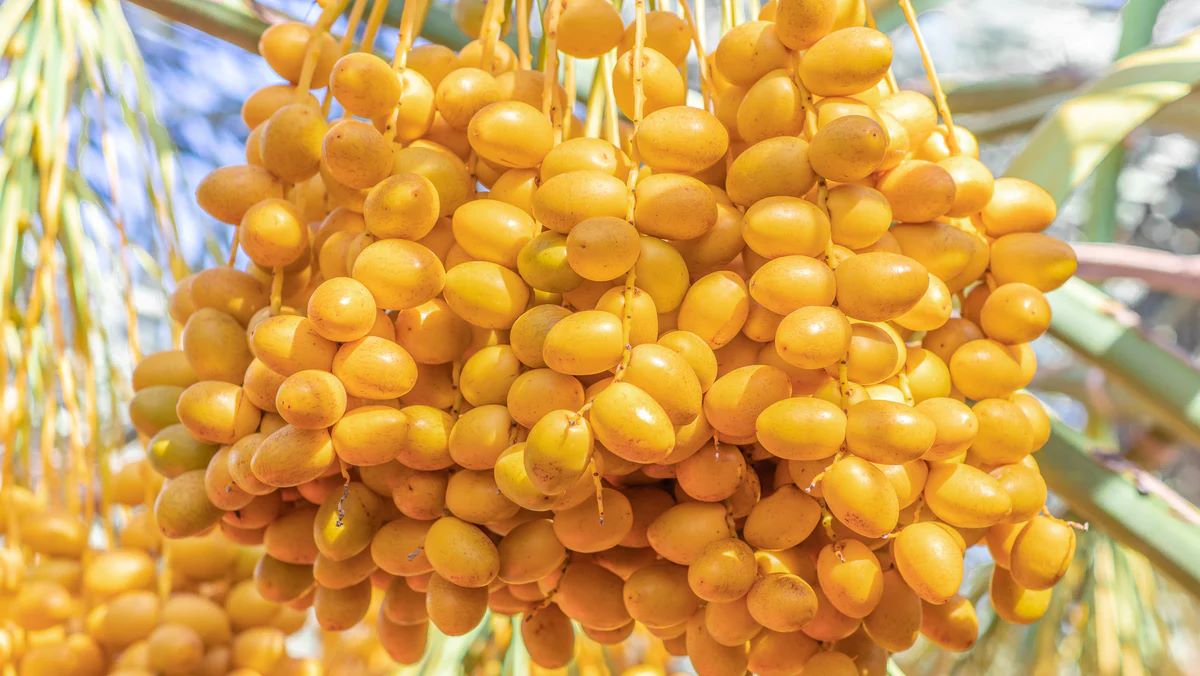

0 thoughts on “How To Store Peaches To Avoid Fruit Flies”